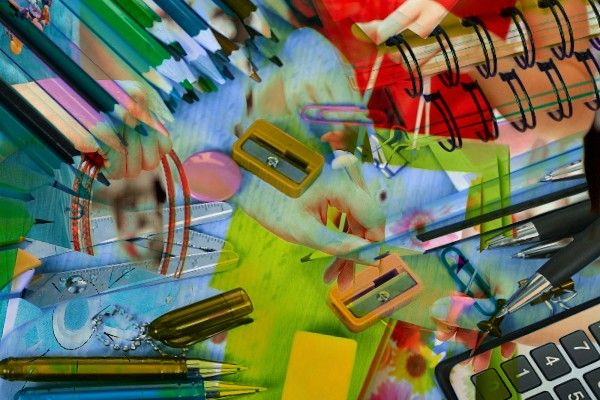Algebra is one of the branches of mathematics, and it forms the base for higher studies in an array of specialisations. These include mathematics, economics, medicine, science, engineering, etc. As we all know, algebra involves the study of various mathematical symbols, expressions, and rules that help us manipulate many real-world situations. In other words, we can say that algebra is the pinpoint at which alphabets are applied in maths to reply to real-world problems. However, the alphabet will not always be used, and a more comprehensive understanding of algebra can make it more appropriate for daily existence.
Algebra comprises different letters called variables, rules, identities, formulas, theorems, etc. Algebra helps us solve mathematical equations and derive unknown quantities, such as interest charged by the bank, ratios and proportions, binomial expressions, and percentages using variable representations and other formulas. In algebra, we use the variables to illustrate the unknown quantities and are paired to rewrite the given situations. Also, algebraic formulas are employed in our day-to-day lives to encounter the space and volume of receptacles and gather the sales prices as and when required. However, we know that algebra is constructive in expressing a mathematical equation and association by using variables or other characters describing the entities. These unknown quantities and variables can be solved using various algebraic operations and rules.
Algebra comprises real and complex numbers, matrices, a system of equations, vectors, and other formats of mathematical presentation. That means algebra is all about finding the values of unknown variables involved in algebraic expressions and equations by solving them in specific methods. Also, we know that algebra helps us express word problems and real-life situations mathematically and solve them to get appropriate solutions. For instance, you have given the cost of 5 pens and 6 pencils as 80 rupees and the cost of 8 pens and 4 pencils as 100 rupees. In this case, we can form algebraic equations using two variables. Solving those two equations will give the cost of a pen and pencil.
Algebra is a significant life skill, so understanding it in detail will help us deal with many real-world problems. Also, it drives us further into basic mathematical concepts and prepares us for other branches of mathematics such as statistics, probability, calculus, etc. That means we use algebra in cases where we need to find the missing frequencies, solve binomial distribution problems, simplify expressions in calculus, etc. Algebra is helpful around the house and in analysing information in the news. When it comes to the career, algebra is beneficial for multiple positions, some of which include a learner may join as a second occupation. Learning algebra will reinforce logical thinking and reasoning skills.
One of the exciting benefits of understanding algebra is saving money by making proper estimations. We can make more thoughtful conclusions about our spending by applying algebra to the estimation amount, expenses, and spending habits. This is an excellent illustration of how algebra can assist you in your everyday life. Thus, learning algebra will help us tackle complex problems in many real-life situations. Algebra always provides a simple solution to the various scenarios by determining the proper variables and methods to solve them.






